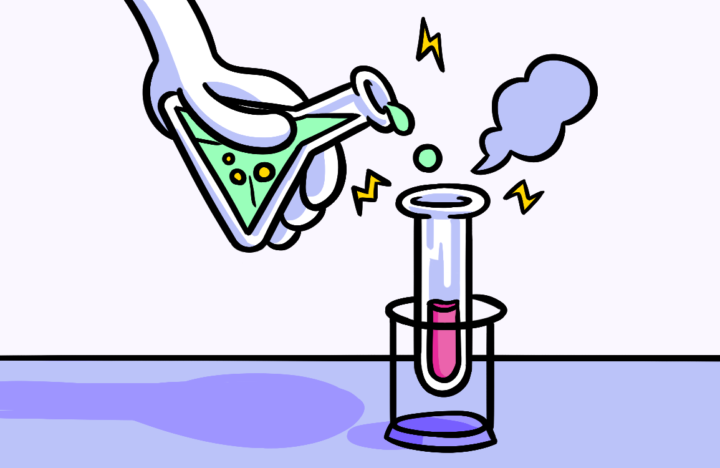Industry Professionals Audience
Chemicals Industry
Audience Description
Participants who work within the chemicals industry work within merchant wholesale distributors of plastics materials and a range of other chemical products.
Chemical distribution is a cyclical industry that is driven by industrial demand. Individual company profitability is dependent on a well-functioning distribution system.Major products distributed by chemical wholesalers include chemicals (except explosives), which account for about half of the industry’s revenue.
Interesting Participant Qualities
We surveyed our audience of chemicals industry participants to understand what their job requires now and how it could impact others in the future.
32% of participants in the chemicals industry often work with hazardous chemicals in their job.
Chemicals Panelist Quotes
“liked Chimestry since i was little and in 2020 people 60+ years was in strict quarantine so i could get a job as a technician at the lab”
“I use different types of chemicals to produce and manufacture screen printing chemicals & inks, furniture clear hard glaze wood lacquer, etc”
“I am fascinated by the conversion of simple raw materials into chemicals of a significantly higher value.”
“I provide chemical analytical services.It is passion for the chemical engineering and making sure that chemical engineering provide solutions to the problems we faced in the past,we are facing today and those we will face in the future.”
Common Chemicals Industry Roles
This audience is made up of participants who hold job titles and roles in the chemicals industry. Each of these professionals can be targeted individually, or roles can be combined to create larger audiences.
- Process engineer – You will be responsible for establishing and implementing process strategies, managing process resources, optimizing current processes, and maintaining process documentation as a process engineer. Ultimately, your goal is to retain production efficiency while lowering expenses.
- Fire and explosions engineer – These engineers promote workplace and product safety to reduce the risk of chemical, physical, biological, and psychological dangers. They concentrate on both preventing dangerous conditions and implementing safety measures to address issues that do arise.
- Biochemical engineer – Biochemical engineers manufacture solutions for bioremediation, biological waste treatment, and other applications by focusing on cell structures and microscopic systems. Bioinstrumentation engineers create tools for identifying and treating medical conditions by combining electronics, computer science, and measurement techniques.
- Blast furnace supervisor – Inspectors, precision workers, machine setters and operators, assemblers, fabricators, and plant and system operators are among the production and operating staff who must be directly supervised and coordinated.
- Food hygiene engineer – Food engineers design and develop food and agricultural materials production, processing, distribution, and storage systems. Food safety and quality, biorefining, pharmaceuticals, and environmentally friendly packaging are some of the applications. Graduates find work in industry and consultancy firms.
- Pharmaceutical engineer – As a Pharmaceutical Engineer, you’re in charge of all the safety concerns about the products that the pharmaceutical company produces. This involves the design of the machinery that produces the medicine, as well as the production process and product labeling.
- Continuous improvement engineer – Their role is to constantly assess and enhance a company’s operations. They collaborate closely with project managers and quality assurance specialists to find areas where improvements can be made. Engineers that specialize in continuous improvement may examine present processes in order to identify issue areas. They could also look for inefficiencies and holes.
- Thermo-fluid engineer – A thermal engineer is a specialist who plans and builds frameworks that mobilize heat or energy using thermodynamic information. Fluids and gases are typically the media through which heat is transferred, thus these specialists must have a strong understanding of fluid dynamics.













